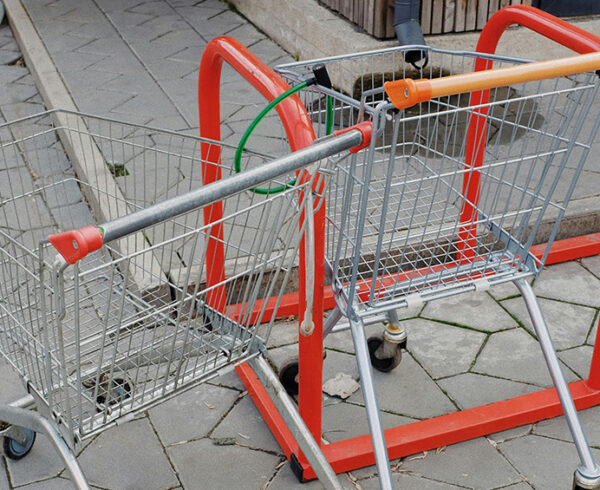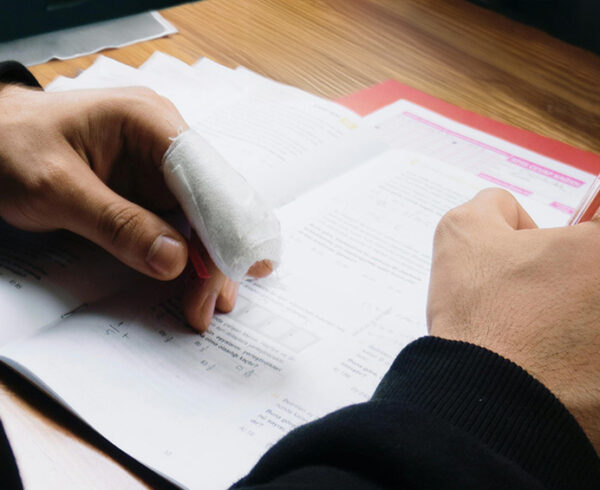Accidents and injuries can happen at any time, often due to someone else’s negligence. When an individual is injured due to another party’s fault, they may be entitled to compensation through a personal injury claim. These claims are designed to provide financial relief for medical expenses, lost earnings, emotional distress, and other damages suffered as a result of the accident.
At CEL Solicitors, our dedicated team of experts is committed to getting you the maximum compensation for those who have suffered injuries due to someone else’s negligence. Whether you’re already pursuing a claim or considering starting one, this guide answers your key questions about personal injury damages and the compensation process.
What Is a Personal Injury Claim?
A personal injury claim is a legal process in which an injured party seeks financial compensation from the person or entity responsible for their injury. The goal of a personal injury claim is to restore the injured party to the financial position they would have been in had the accident not occurred.
Personal injury claims typically happen when someone suffers harm due to another person’s negligence, recklessness, or intentional wrongdoing. These claims can be pursued through negotiation with an insurance company or, if necessary, in court.
Common Types of Personal Injury Claims
Personal injury claims cover a wide range of situations where individuals are harmed due to another party’s actions or inaction. Some of the most common types include:
1. Road Traffic Accident Claims
Car accidents, motorcycle crashes, and pedestrian injuries are among the most common causes of personal injury claims.
In 2023, for every one billion miles travelled, 43 car occupants were killed or seriously injured. The risk was a lot higher for motorcyclists, with 1,914 killed or seriously injured per billion miles travelled, and for cyclists, the rate was 1,032 per billion miles. Additionally, 92 pedestrians per million people were killed or seriously injured during the same period.
If another driver is at fault—due to speeding, reckless driving, or driving under the influence—the injured party can seek compensation for medical expenses, vehicle repairs, and lost wages.
2. Workplace Accident Claims
Employees injured on the job may file a claim against their employer if unsafe working conditions, faulty equipment, or lack of proper training caused the injury. Workplace injuries often include falls, machinery accidents, and exposure to hazardous substances.
3. Slip, Trip, and Fall Claims
Property owners must maintain safe premises for visitors. If a person slips on a wet floor in a supermarket or trips due to uneven pavement, they may have grounds for a personal injury claim against the property owner or business responsible for maintenance.
4. Medical Negligence Claims
When healthcare professionals fail to provide an adequate standard of care, leading to patient harm, victims may pursue a medical negligence claim. Examples include surgical errors, misdiagnoses, medication errors, and childbirth injuries.
5. Product Liability Claims
Manufacturers and retailers have a legal obligation to ensure their products are safe for consumers. If a defective or dangerous product causes injury, the injured party may be eligible for compensation through a product liability claim.
6. Public Liability Claims
Local councils, businesses, and organisations must ensure public spaces are safe. If someone is injured due to poor maintenance in a public park, shopping centre, or other public area, they can file a public liability claim.
7. Dog Bite and Animal Attack Claims
If someone is attacked or injured by an animal, particularly a dog, they may be able to file a claim against the pet owner, provided negligence can be proven.
What Compensation Can You Claim?
The amount of compensation awarded in a personal injury claim depends on several factors, including the severity of the injury, the impact on the claimant’s life, and financial losses. Compensation typically falls into two categories:
1. General Damages
This covers non-financial losses such as:
- Pain and suffering
- Emotional distress
- Loss of enjoyment of life
- Impact on relationships (loss of companionship)
2. Special Damages
This covers financial losses and expenses incurred due to the injury, such as:
- Medical treatment costs
- Rehabilitation expenses
- Lost earnings (past and future)
- Travel expenses related to medical treatment
- Home or vehicle modifications (if required for disability)
How Long Do You Have to Make a Personal Injury Claim?
There are specific time limits for starting a personal injury claim, so it’s important to ask for legal advice as soon as possible if you plan to pursue compensation.
The most common type of personal injury claim is based on negligence, which generally has a three-year time limit. This means that court proceedings must be initiated within three years from the date you became aware of your injury.
In certain circumstances, the court may grant an extension to this deadline, depending on the details of the case. However, delays can make claims more challenging, so acting quickly is always advisable.
Take the First Step Towards Your Personal Injury Claim Today
If you or a loved one has suffered an injury due to someone else’s negligence, you deserve expert legal support to secure the compensation you need. At CEL Solicitors, we are committed to fighting for justice and making sure our clients receive the maximum settlement possible.
No one should have to suffer financial hardship because of an accident that wasn’t their fault. Whether you’ve been injured in a car accident, at work, or in a public place, CEL Solicitors is here to help. Contact us today for a free, no-obligation consultation and let us guide you through the claims process with compassion and expertise. Call us on 0330 162 1919













